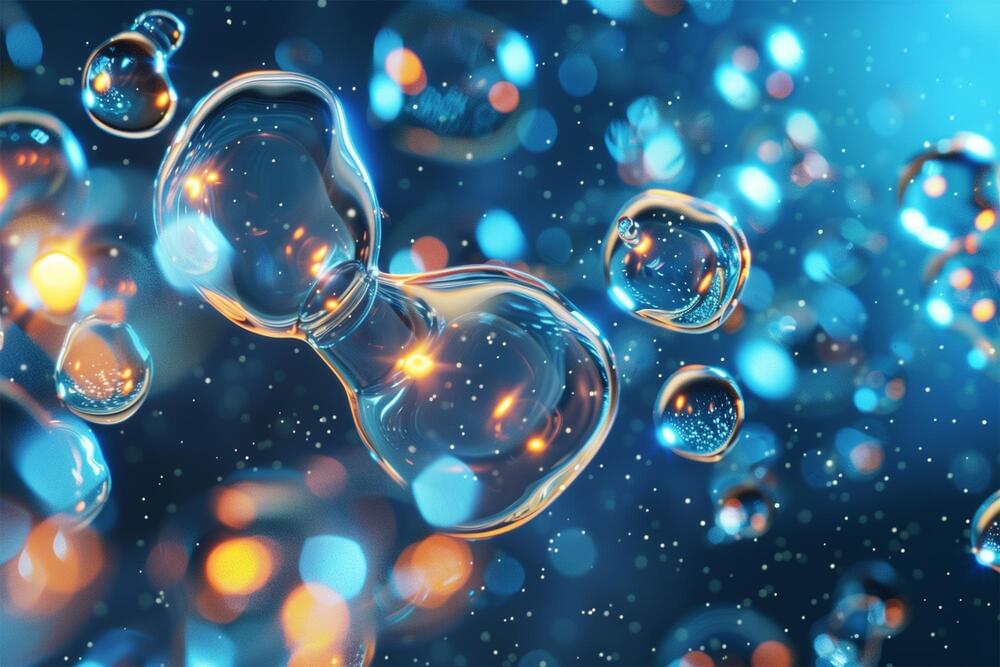Hydrogen offers significant potential as both a chemical and energy carrier for decarbonizing society. Unlike traditional fuels, using hydrogen does not produce carbon dioxide. However, most hydrogen currently produced derives from methane, a fossil fuel, through a process called methane reforming, which unfortunately emits a considerable amount of carbon dioxide. Consequently, developing scalable alternatives for producing green hydrogen is essential.
Water electrolysis offers a path to generate green hydrogen which can be powered by renewables and clean electricity. This process needs cathode and anode catalysts to accelerate the otherwise inefficient reactions of water splitting and recombination into hydrogen and oxygen, respectively. From its early discovery in the late 18th century, the water electrolysis has matured into different technologies. One of the most promising implementations of water electrolysis is the proton-exchange-membrane (PEM), which can produce green hydrogen by combining high rates and high energy efficiency.










Leave a reply